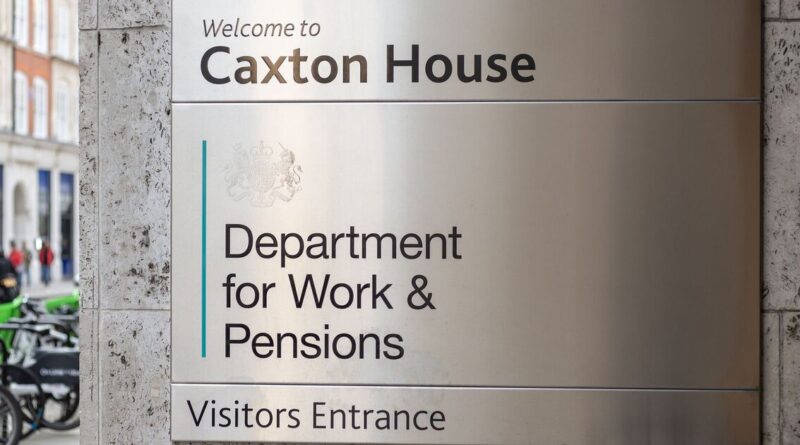DWP PIP benefits change will hand claimants another £370 | Personal Finance | Finance
PIP benefits claimants are set to pocket up to £370 more per year from April 2026 following the latest inflation figures being confirmed this week.
Every tax year, the DWP raises benefits in line with inflation, apart from the state pension, which has its own special triple lock which can see it raised beyond inflation.
This coming financial year, Universal Credit is also being given an overhaul with an above-inflation increase planned, though some other allowances are being reduced.
But PIP, along with Carer’s Allowance, Attendance Allowance and other benefits is due to be uprated in line with inflation as usual.
If you have a health condition or disability which affects your daily life, right now you could see benefits totalling a maximum of £110.40 a week for daily living costs and £77.05 a week for mobility costs, for a total of £187.45 per week maximum, or £9,747.40 per year.
This week, September’s inflation figure was confirmed by the Office for National Statistics at 3.8%, which is the figure which will be used to calculate benefits increases next April, pending final approval by ministers.
A 3.8% increase would add another £370.40 onto the maximum possible annual payments, bringing the total amount claimable to £10,117.80, or £194.58 per week.
For someone only claiming the lower weekly rate for daily living, the increase would take payments from £73.90 per week to £76.70 per week, or £3,988.40 per year, while someone claiming only the lower mobility allowance would see a rise from £29.20 to £30.30 per week, or £1575.60 per year.
These are estimates based on how benefits are usually uprated, and final figures are expected to be announced in Chancellor Rachel Reeves’ Budget in November.
As reported by the BBC: “Typically, September’s Consumer Prices Index (CPI) measure of inflation, which this time is 3.8%, is the benchmark for raising benefits the following April.
“An automatic rise is applied to all the main disability benefits, such as Personal Independence Payment (Pip), attendance allowance and disability living allowance, as well as carer’s allowance.”





